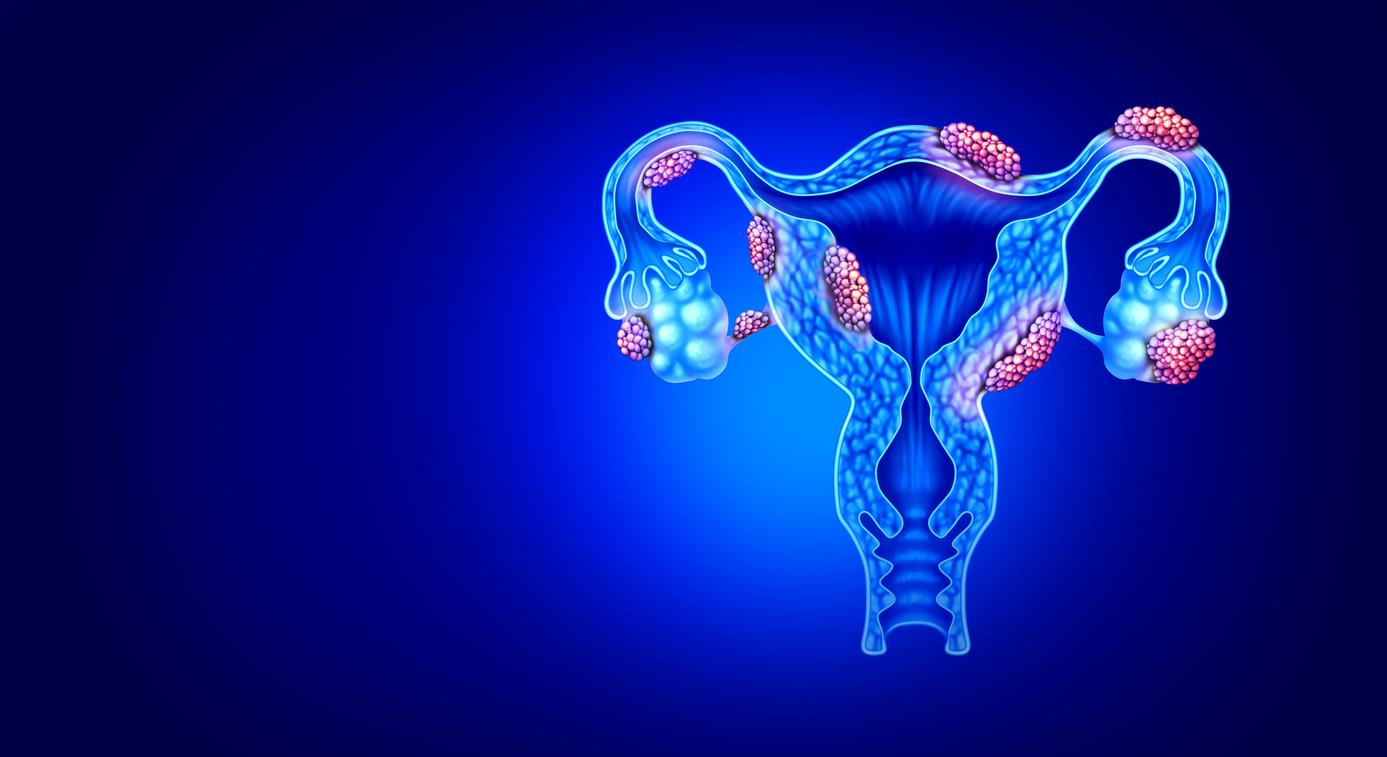Women with post-traumatic stress disorder are much more likely to give birth prematurely than others. This is the conclusion of a study conducted jointly by Stanford University (United States) and the United States Department of Veterans Affairs on 16,000 births.
“It seems that post-traumatic stress has biological repercussions due to the onset of childbirth,” explains Prof. Ciaran Phibbs, lead author of the study and associate professor of pediatrics at Stanford University.
However, this study, published online Thursday on the Obstetrics & Gynecology website, shows that women who have been diagnosed as suffering from post-traumatic stress disorder but who no longer have the symptoms, give birth less prematurely than those who still suffer from it. more markedly. “This brings a note of hope because if we take care of these future mothers at the very beginning of the pregnancy in a specific way, we can hope to reduce the risk. premature birth and carry them to the end of their pregnancy “insists the doctor.
the post-traumatic stress disorder (PTSD) is encountered in people exposed to a stressful situation in which their life, or that of another person, is in danger. Faced with this type of stress, the World Health Organization has published a clinical protocol. This protocol provides for directing the patient to specialized treatments such as cognitive behavioral therapy or a new technique called desensitization and reprogramming by eye movement.


















